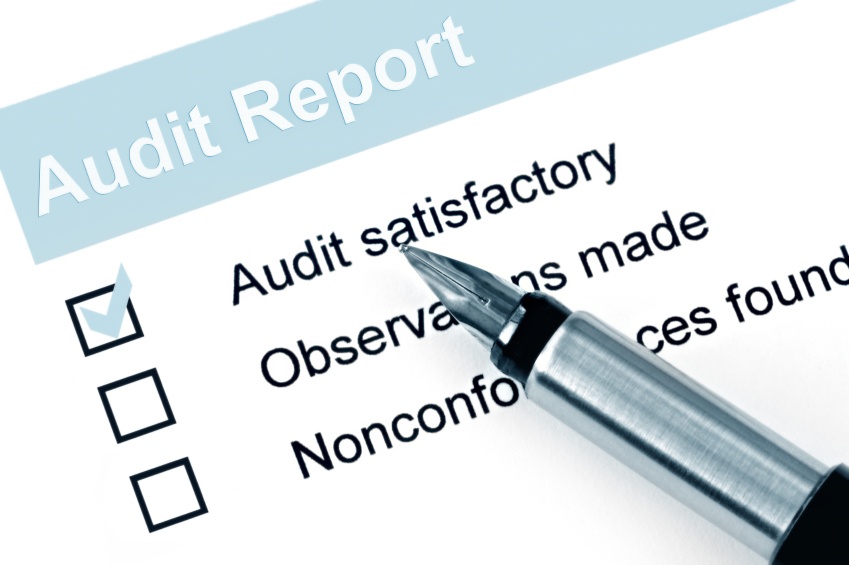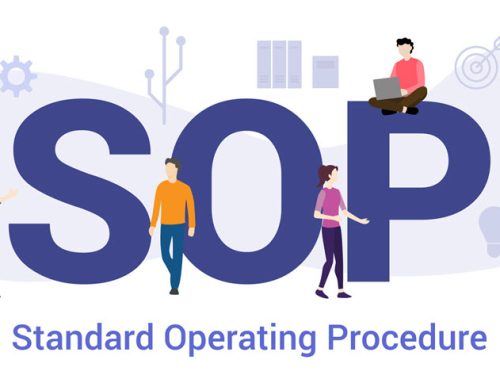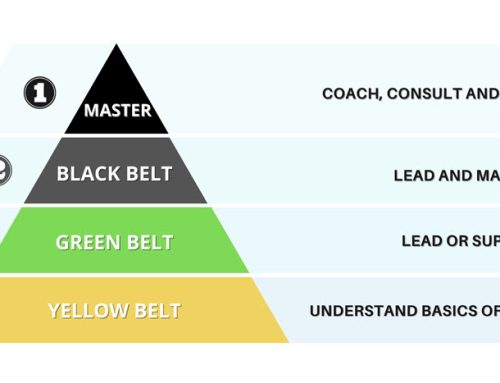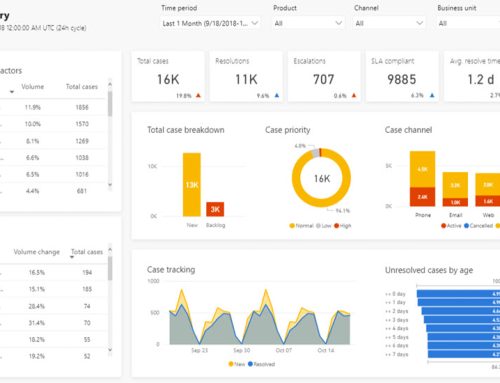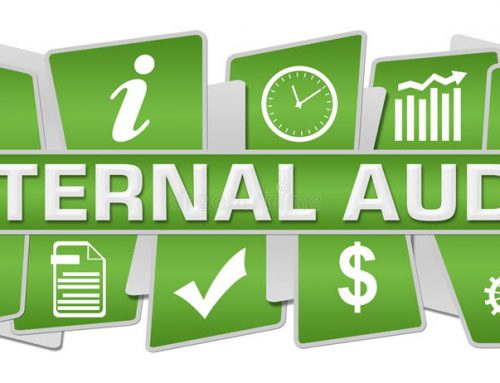Before talking about supplier audits in ISO 9001, we must know the basic concept of supplier audits in ISO 9001. So, it is a procedure of following the process and operations that are consent on from a selection of audit process. It recognizes nonconformity in the engineering change process, manufacturing process, quality process, invoicing process, and also the shipment and supplier process. The supplier audits in ISO 9001 are done to record and register the relationship among different organizations to verify the acquiescence of a supplier’s processes and products.
Supplier audits should garner comprehensive and useful statistics and data for the company. The primary and essential objective is usually to check if the supplier is competent and proficient enough of producing top-notch quality levels on the basis of supplier audit ISO 9001. For the success of the supplier audits in ISO 9001, people must know the requirements of it.
The Requirements and Responsibilities of Supplier Audits in ISO 9001
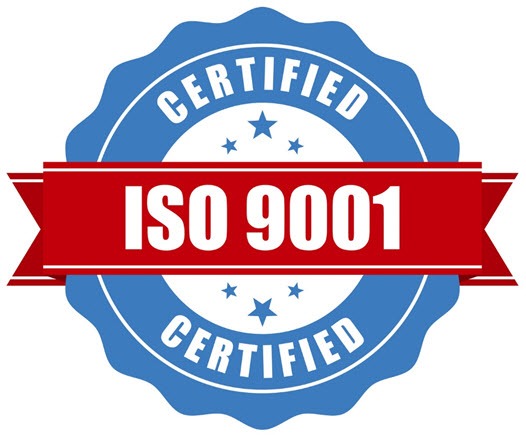
Those companies who wish to improve their ROA (Return on Auditing) or businesses that require a supplier audit to confirm compliance with their supplier processes or products. The basic requirements of supplier audits in ISO 9001 are discussed below:
Fundamental Requirements
The requirements for handling and conducting the supplier audit should be assigned to one or more individuals with the understanding of supplier audits principles. They should have technical skills, as well as management skills for a better understanding. So, these are the fundamental necessities of supplier audit.
- Establish the extent and objectives of the supplier audit program.
- Establish the procedures and responsibilities and make sure that resources are given.
- Ensure the execution and implementation of the supplier audit program.
- Make sure that appropriate supplier audit program records are maintained.
- Review, monitor, and enhance the audit program.
Implementation of Supplier Audit Program
The auditor must communicate with the relevant suppliers. The auditor must schedule and coordinate audits and other activities to the audit program. He must maintain and establish a process for the assessment of the accounts and make sure to choose the best audit team. He must provide the essential resources to the audit teams and ensure to conduct the audit as per the ISO 9001 standard.
Determine the Suppliers Audit Criteria, Scope and Objectives
Criteria
The supplier audit criteria used as a source against which compatibility is determined, and it includes things like applicable procedures and policies, standard rules and regulations, industry requirements, and business codes of conduct.
Scope
The audit scope defines the boundaries and extent of the audit such as physical locations, applicable needs of ISO 9001, and organizational activities.
Objectives
Within the all-inclusive audit purposes of the supplier audit program, the individual audit should be on the basis of documented criteria, scope, and objectives. The objectives of the supplier audits describe what is to be achieved through the audit. It may include these following things.
- Decide the extent of conformity of the Quality Management System (QMS) or parts of it with supplier audit criteria.
- Assessing the ability of the QMS to make sure compliance with regulatory, statutory, and contractual needs.
- Gauging the impact of the QMS in meeting particular objectives.
- Ascertaining zones for potential enhancements of the QMS. The ideas can be multiple and diverse, but it is necessary to be crystal clear on the goals at the commencement of the supplier audit process.
The audit criteria and scope should be described by the company according to the supplier audit in ISO 9001.
Conclusion
These were the requirements for supplier audits in ISO 9001. So, determining the supplier audit performance not only satisfies the ISO 9001 needs but it also brings some significant benefits for your company. It improves the quality, cost, and delivery in your supply chain.
If the supplier audits in ISO 9001 are conducted, then your company can witness an increase in compliance, a decrease in costs, shorter delivery time, improvement in quality, and enhanced relationships. These are all practical benefits of efficient supplier audits through ISO 9001. Hence, product improvements and information can be shared for collective benefits among the companies and suppliers. In these ruthless times, who would not want that?

